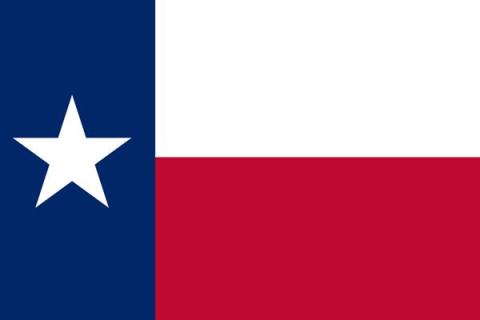(TEXAS) - Last week, the Texas House passed a bill that would have the government pay for partisan primaries directly, instead of reimbursing the parties for their expanses (HB 3065). In most states, the government administers and pays for the costs of holding partisan primary elections. However, in Texas, the parties administer their own primaries, then they get reimbursed from the state for their expenses.
From the Texas Legislature's Committee Analysis:
"C.S.H.B. 3065 amends the Election Code to remove language limiting to a county with a population of 100,000 or more a provision authorizing the secretary of state to provide payment of primary expenses directly to a county election officer who incurs the expense rather than to the county chair, on request of the election officer who conducts the primary election."Why is this news? It's not, per se.But the bill does highlight a significant public expenditure that rarely goes questioned. Texas, for example, is a closed primary system. That means that only Democrats can vote in the Democrat primary, and only Republicans in Republican party elections. The question is, why do these two parties get to conduct their private elections with public dollars?Both parties have argued (usually successfully) in the courtroom for the last 100 years that they are "private institutions" and therefore not subject to many state regulations. These are the same parties that have gerrymandered districts throughout the country so badly that most elections are actually decided in the private partisan primary, not the general election. This is at a time when 40% of voters self-identify as independent voters (despite rules requiring partisan registration to participate in most states) and over 70% of voters don't participate in primary elections at all.Texas just put a highlighter to the issue of government paying for private political activity. Why isn't this news?
